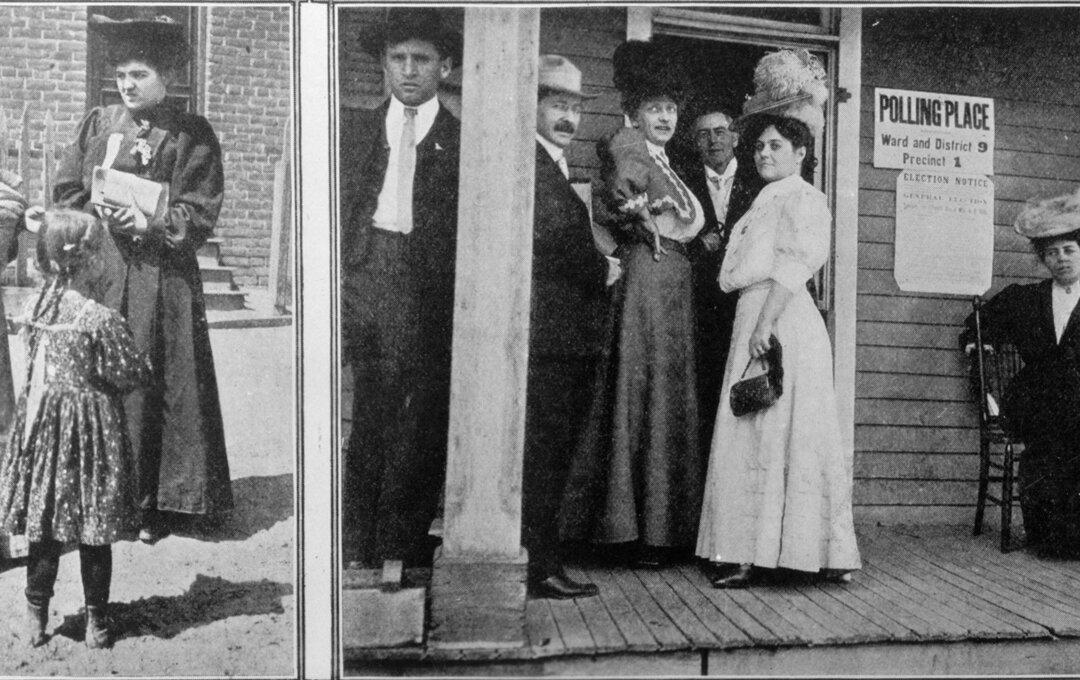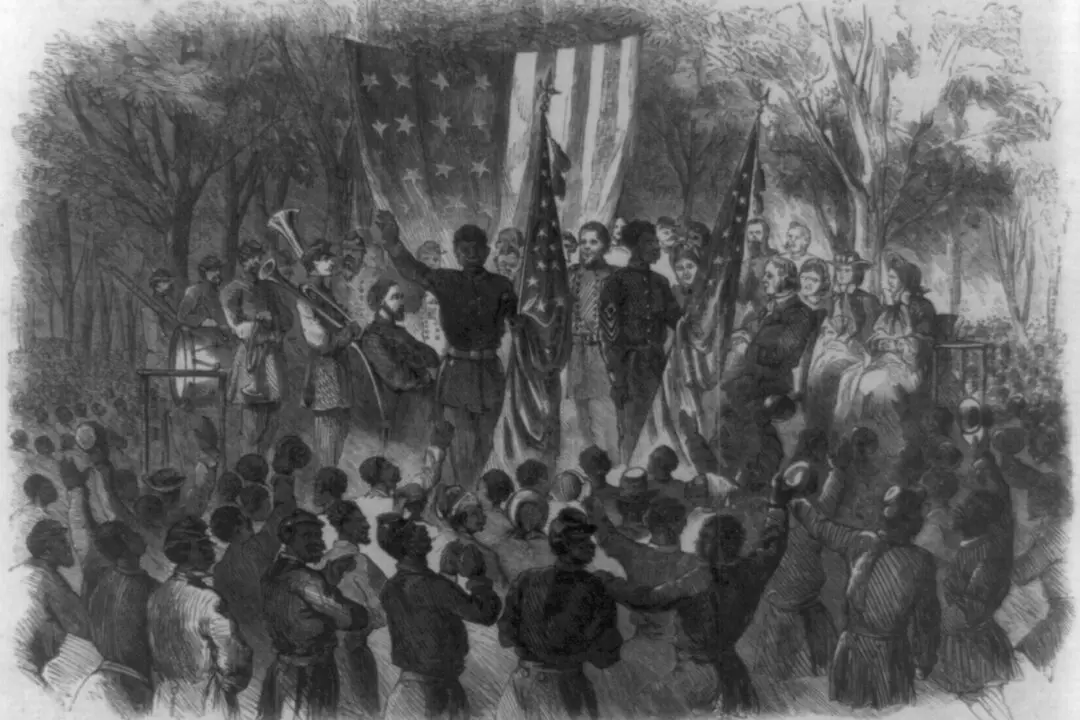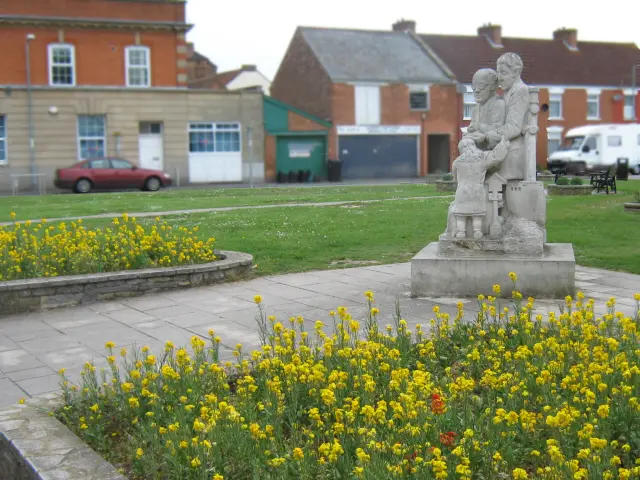Irving Howbert (1846–1934) headed west with his family in hopes of finding gold. Later in life, he played a vital role in getting railroad tracks laid through the Rocky Mountains. He became a major land developer in Colorado and wrote two books, which are some of the earliest accounts of the region surrounding Pikes Peak.
Howbert was born in Columbus, Indiana and got his schooling in Iowa before his family’s wagons went west to mine for gold. The Howbert family traveled towards the Rocky Mountains with only enough supplies to last six months, which was common during the “Pikes Peak or Bust” mining boom days. Accounts from one of Howbert’s books titled “Memories of a Lifetime in the Pikes Peak Region” say that 60,000 to 70,000 people went to the Rocky Mountains during the summer of 1860.






